In this article
Knowing what to eat and what to stay away from during pregnancy can be tricky. There are so many rules and so much pregnancy diet advice out there, how do you sort through it all? Read on to learn what to eat, which foods to avoid during pregnancy, and whether or not you should change your pre-pregnancy eating habits while waiting for your baby to arrive.
Pregnancy eating for two
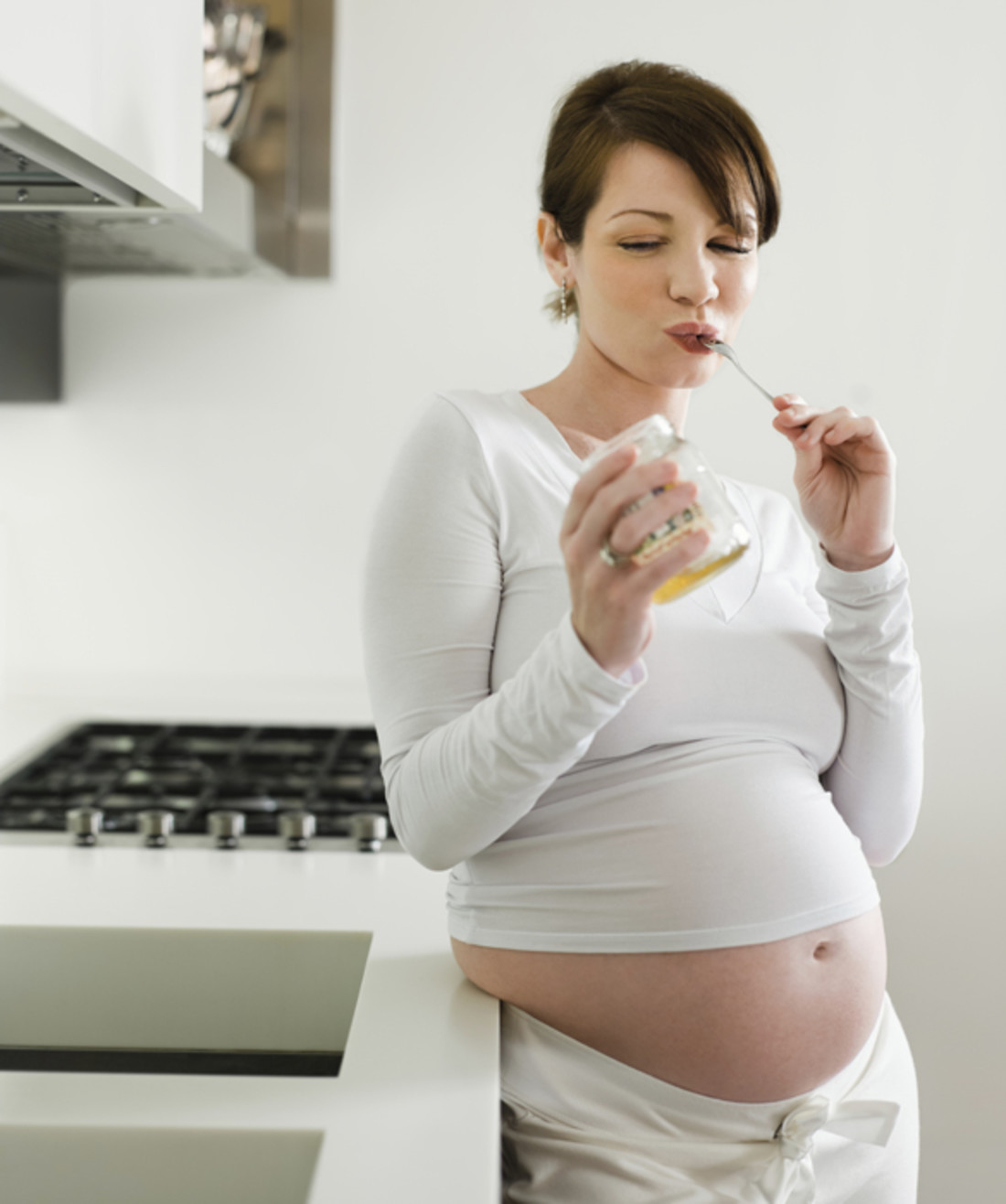
A healthful nutrient-dense diet and regular exercise are important for an optimal pregnancy. This means eating a well-balanced diet and increasing your daily caloric intake with healthful foods that are high in protein and healthy fats, and low in sugar.
Choosing nutritious foods during the first trimester may be challenging due to morning sickness, but in the second and third trimesters a person of average weight is advised to consume an additional 300 – 500 calories from nutritious foods per day.
Listeria-causing foods to avoid during pregnancy

One of the most important pregnancy eating dont's comes from the Food and Drug Administration (FDA) and its warning to avoid any foods that could harbor Listeria monocytogenes, which can cause listeriosis, a bacteria that is harmful to pregnant people and their babies.
Foods like hot dogs and lunch meats should be avoided unless they are cooked thoroughly. Those who are pregnant should also avoid patés and meat spreads, soft cheeses, and smoked seafood like lox.
Symptoms of listeriosis can mimic the flu, often take weeks to appear, and in some serious cases have been linked to maternal death.
Avoid undercooked meats when pregnant?
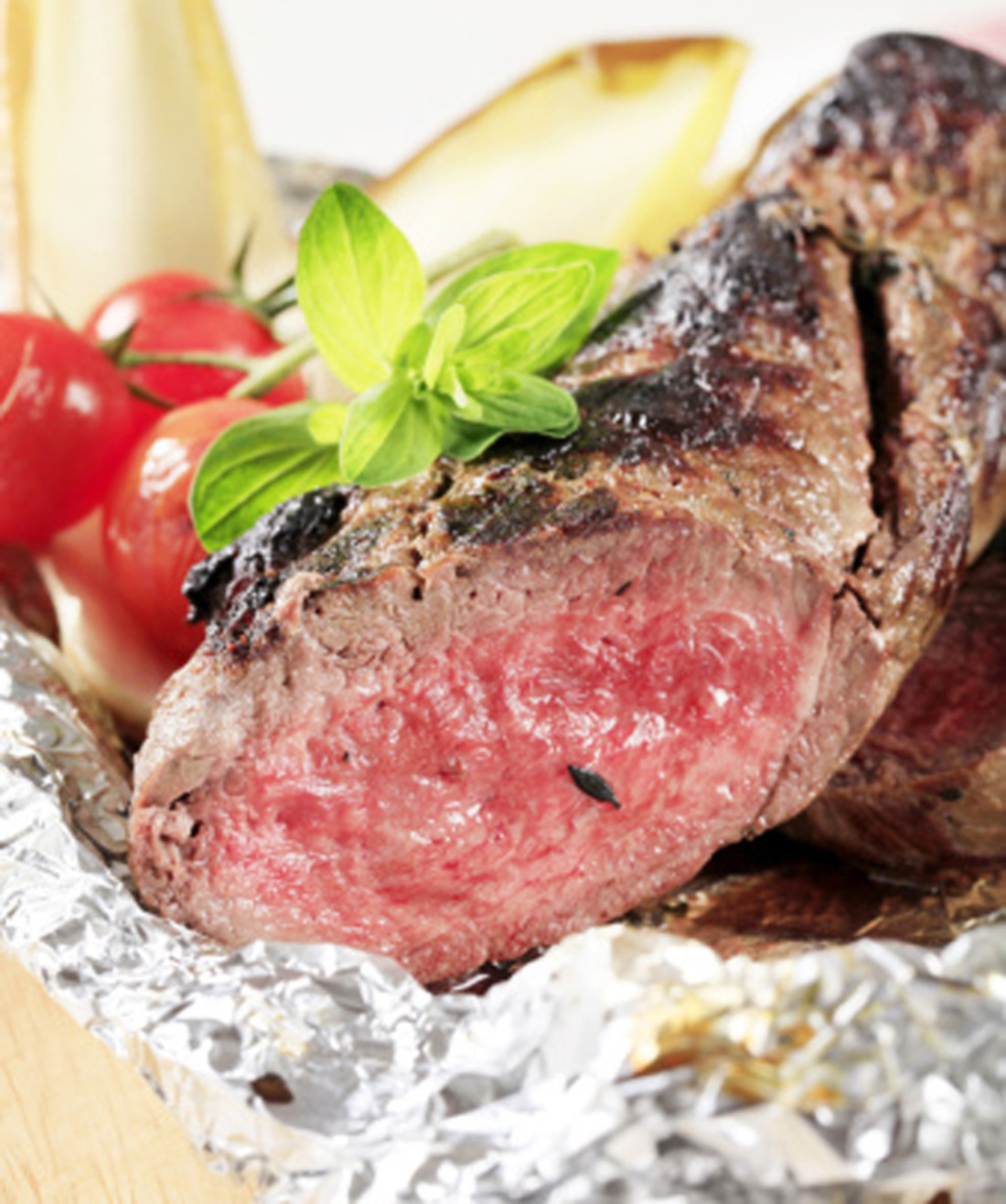
Raw and undercooked meats are best avoided during pregnancy as they pose a risk of contracting toxoplasmosis. This parasitic infection can pose a threat to a pregnant person and their unborn baby, sometimes causing pregnancy loss or stillbirth. Toxoplasmosis can also have a detrimental effect on the unborn baby's developing organs.
When cooking, be sure ground meats are cooked to an internal temperature of 160 degrees, while poultry should reach 165 degrees before consumption. Pork should reach an internal temperature of 145 degrees to ensure it is safe to eat. The raw fish in sushi should be avoided; opt for California or Veggie rolls instead.
Remember though, not all fish is bad. For example, decades of research indicate that mothers who eat low-mercury fish when pregnant have a less than 60% chance of giving birth to a child who develops ADHD symptoms like inattentiveness, hyperactivity, and impulsiveness.
Just say no to alcohol during pregnancy

There are no studies that indicate a safe amount of alcohol consumption during pregnancy. Because of this, most, if not all, healthcare providers will advise against drinking alcohol when pregnant.
Even non-alcoholic beers and wines contain trace amounts of alcohol, so it is best to avoid those as well. Sparkling grape juice, mocktails and kombucha are great, tasty alternatives if you're at a cookout and your only other option is the the kids' cooler full of juice boxes and soda.
Caffeine: Perks during pregnancy
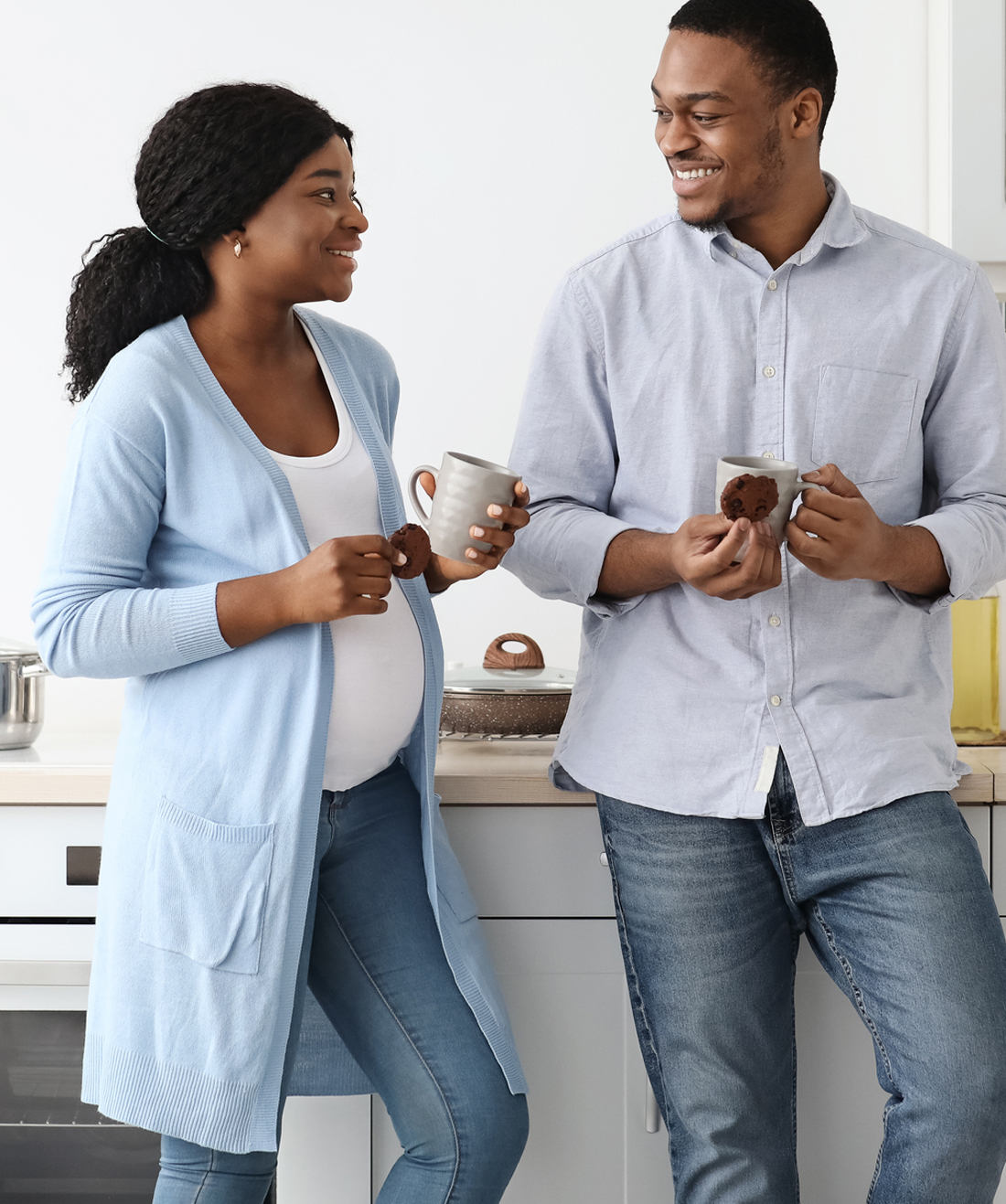
If you feel as though you can’t function without that cup of coffee in the morning, you’re in luck. Based on studies conducted by The American College of Obstetrics and Gynecologists, people who are pregnant can have that jolt of java but should limit their consumption of caffeine to two, six-ounce cups per day.
Don't overdue it, as studies indicate that there may be potential associations between caffeine and fetal growth and pregnancy loss.
However, there are some indications that caffeine consumption can even reduce the risk of gestational diabetes. Lead author of the study, Stephanie Hinkle, Ph.D. warned that the findings should be taken within context.
"It would not be advised for women who are non-drinkers to initiate caffeinated beverage consumption for the purpose of lowering gestational diabetes risk," the UPENN epidemiology professor cautioned. "But our findings may provide some reassurance to women who already are consuming low to moderate levels of caffeine that such consumption will likely not increase their maternal health risks."
Reduce your E-coli risk
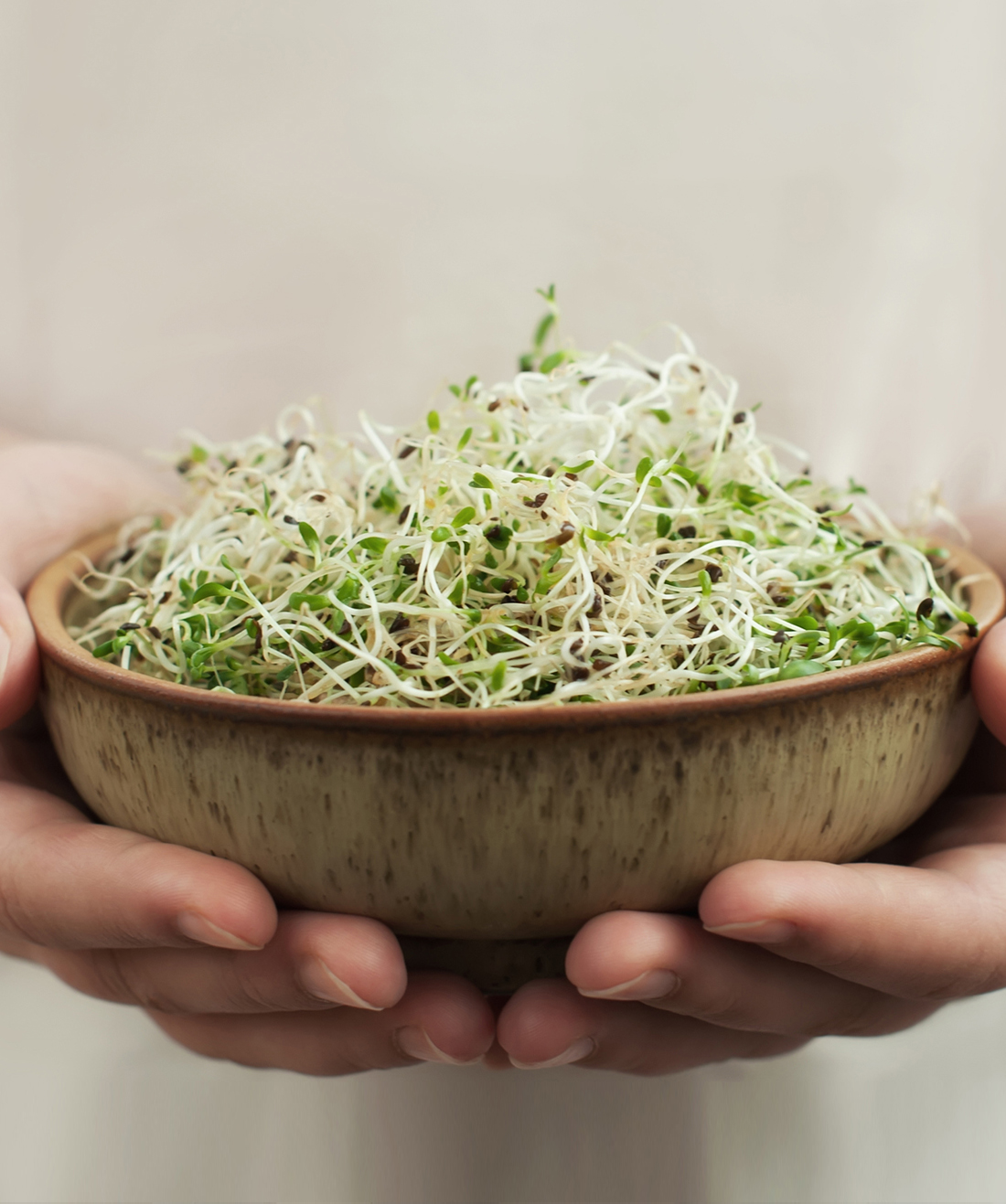
Urinary tract infections (UTIs) are a common occurrence during pregnancy and E-coli can be a contributing factor. E-coli, which stands for Escherichia coli, is a common bacteria found in the environment and lives within the intestines of humans and animals.
Infection can cause severe cramping and gastrointestinal issues, including bloody diarrhea. In the United States, E-coli infections account for approximately 100 deaths per year.
Undercooked meats and leafy greens like spinach and sprouts can harbor the bacteria. It's advisable to cook meats to the appropriate temperatures and be mindful of grocery recalls when purchasing produce, and washing all produce thoroughly as soon as you bring it home.
Are organic options the best foods to eat while pregnant
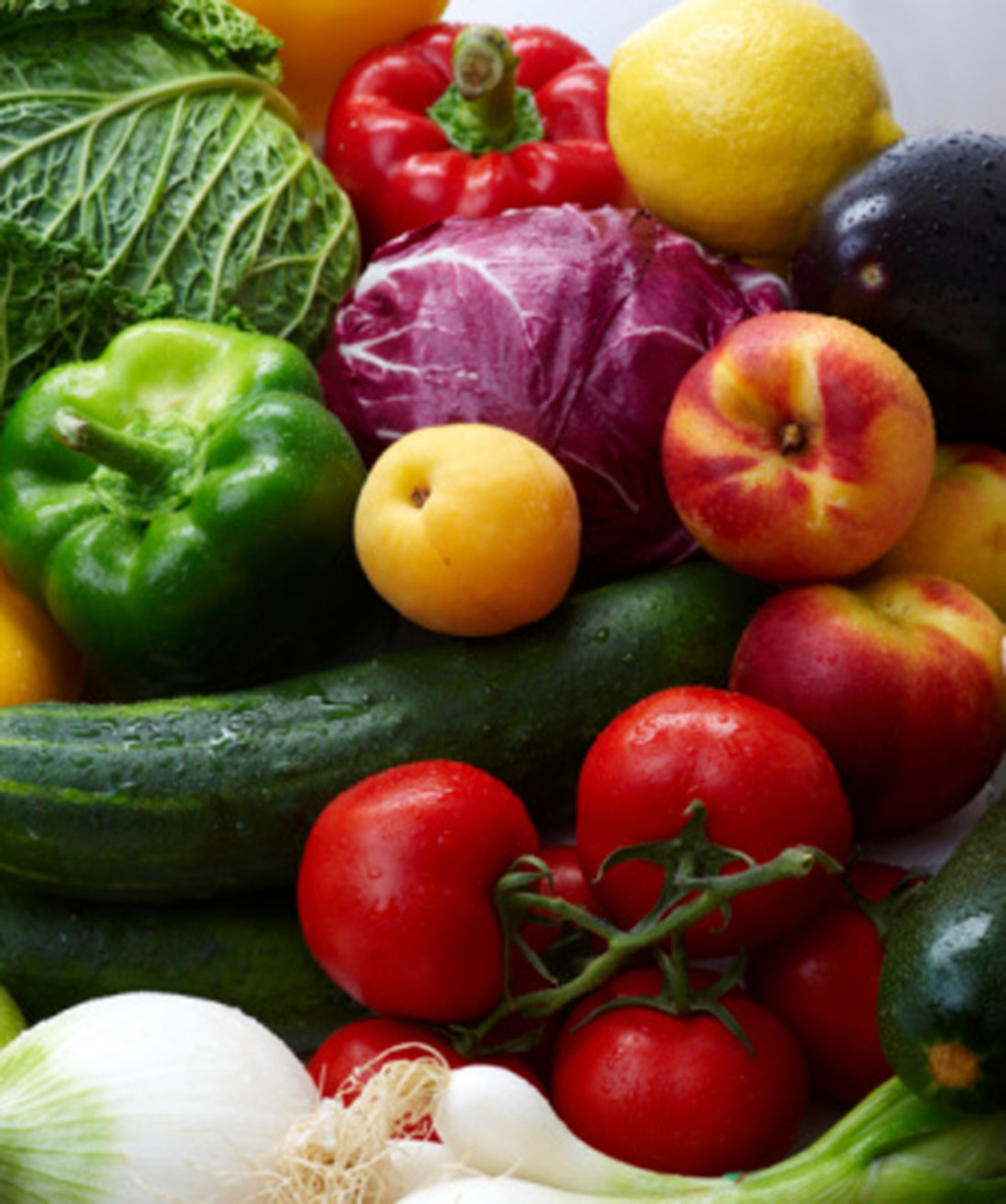
Healthful, nutrient-dense foods will always trump calorie-deficient, processed foods whether they're organic or conventional. Opt for whole foods whenever possible. When it comes to eating organic, especially with grocery prices the way that they are, proper preparation is more important if organic produce is cost-prohibitive.
If organic fruits and vegetables are not accessible, be sure to wash the produce thoroughly to remove the remaining pesticides. Consider a water-vinegar soak and complete rinse before consuming items from The Dirty Dozen List.
- Strawberries
- Spinach
- Kale, mustard, and collard greens
- Nectarines
- Apples
- Grapes
- Bell peppers and hot peppers
- Cherries
- Peaches
- Pears
- Celery
- Tomatoes
Herbal teas and supplements
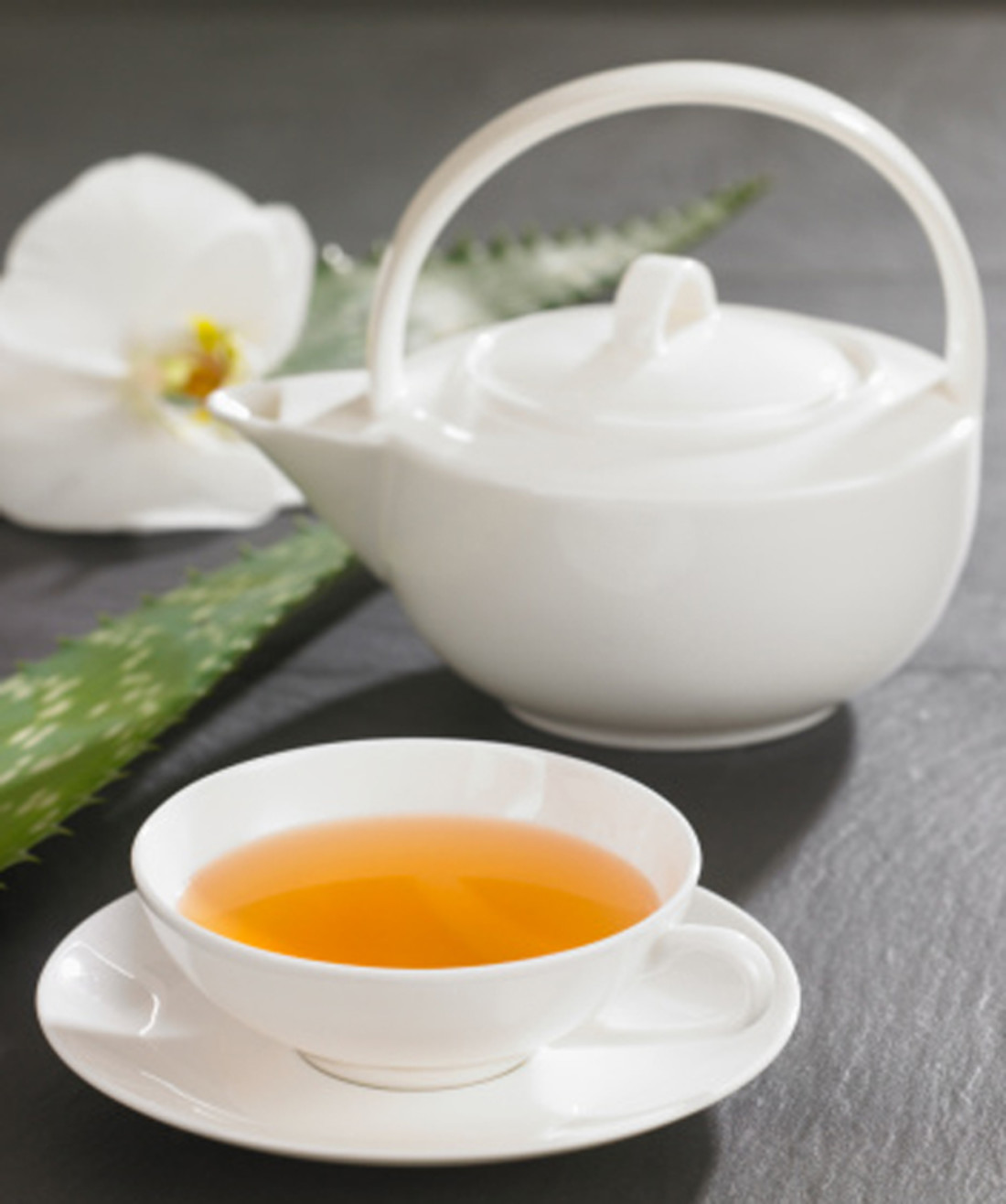
Typically, any herbal teas readily available at your local grocery store are safe to drink during pregnancy. The risk comes when pregnant people consume herbal teas or tinctures that are not regulated by national food and beverage standards. If you're intent on drinking teas from a non-commercial source, it's best to ask your doctor whether or not they're safe in your insdividual instance.
Of course, everyone who is pregnant should be taking pre-natal vitamins. However, vitamins and supplements should only be taken after consulting with your doctor, who can advise based on individualized needs and bloodwork. There are some very specific herbs and supplements that should be avoided at all costs by some pregnant people, and your healthcare provider can help you make an informed decision on the consumption of those as well.
Ceasar Salad and other foods to avoid during pregnancy
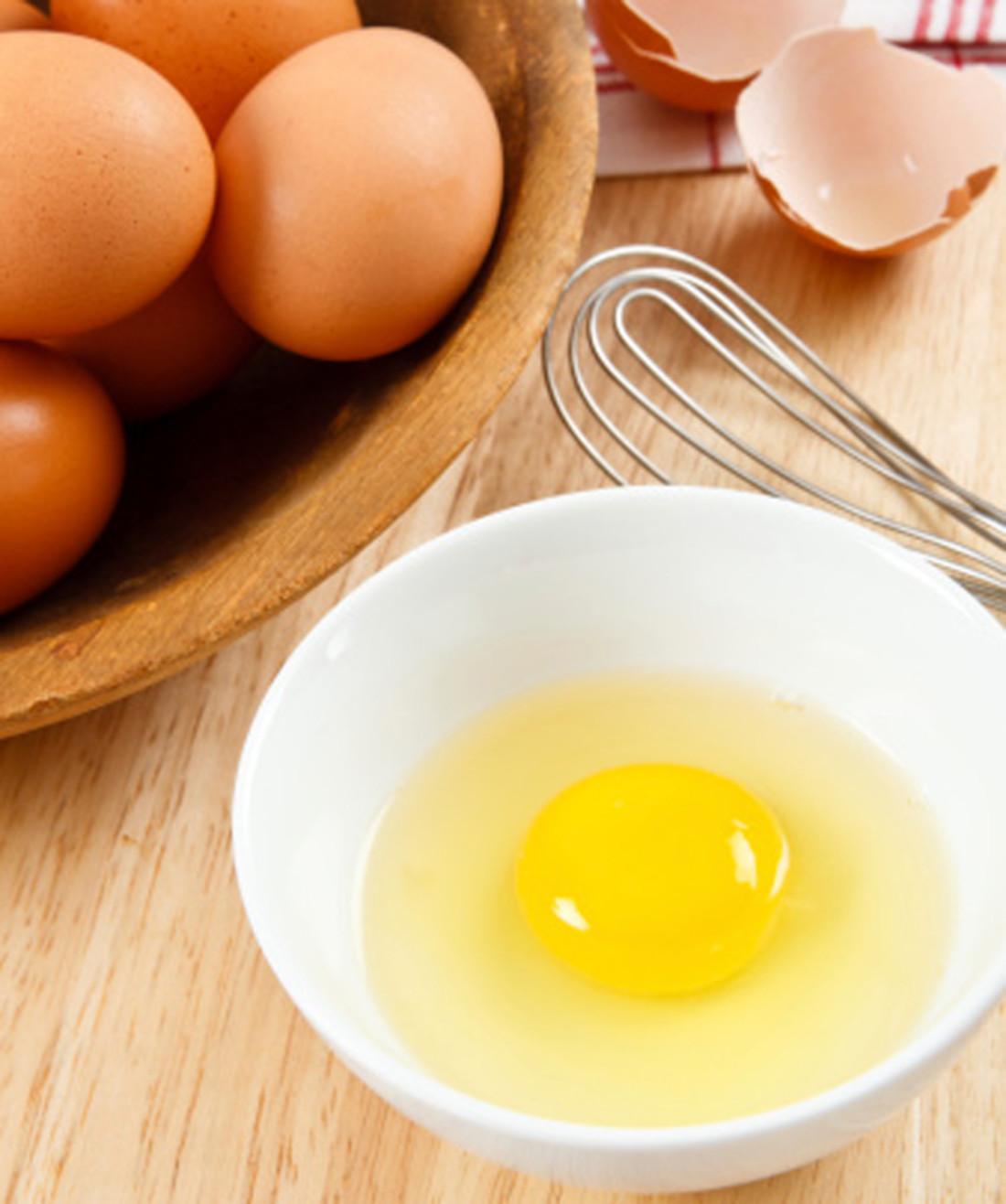
We all watched in horror as Rocky Balboa cracked eggs into a blender and drank the protein-laden concoction like it was a delicious Iced Macchiato, as we're all well aware that consuming raw eggs makes us susceptible to salmonella. However, raw eggs may also be lurking in some of your favorite foods.
If you're a fan of Chicken Caesar Salad for lunch, hold the dressing or opt for a vegan Caesar version. Fresh traditional Caesar dressing includes raw egg, and that's a no-go during pregnancy.
While eggs are often tempered in recipes and prepared in a way that makes them safe to eat, it's better to err on the side of caution — especially while pregnant — and avoid raw eggs altogether. This includes mayonnaise and hollandaise sauces made from scratch, meringues, and homemade ice cream and egg nog.
Luckily, there are many plant-based versions of traditional favorites available so you don't have to miss out on your pre-pregnancy eating favorites. Monica, who has been vegan for over 20 years and has raised both of her sons vegan from birth, has tips for anyone who'd rather make their own sauces and dressings.
"I've found a chickpea flour egg to be the best and most versatile egg replacement in a variety of recipes. Chickpea flour is also known as garbanzo bean flour or gram flour and is found in the gluten-free section of most grocery stores," Monica wrote on her blog.
Avoid anything unpasteurized during pregnancy
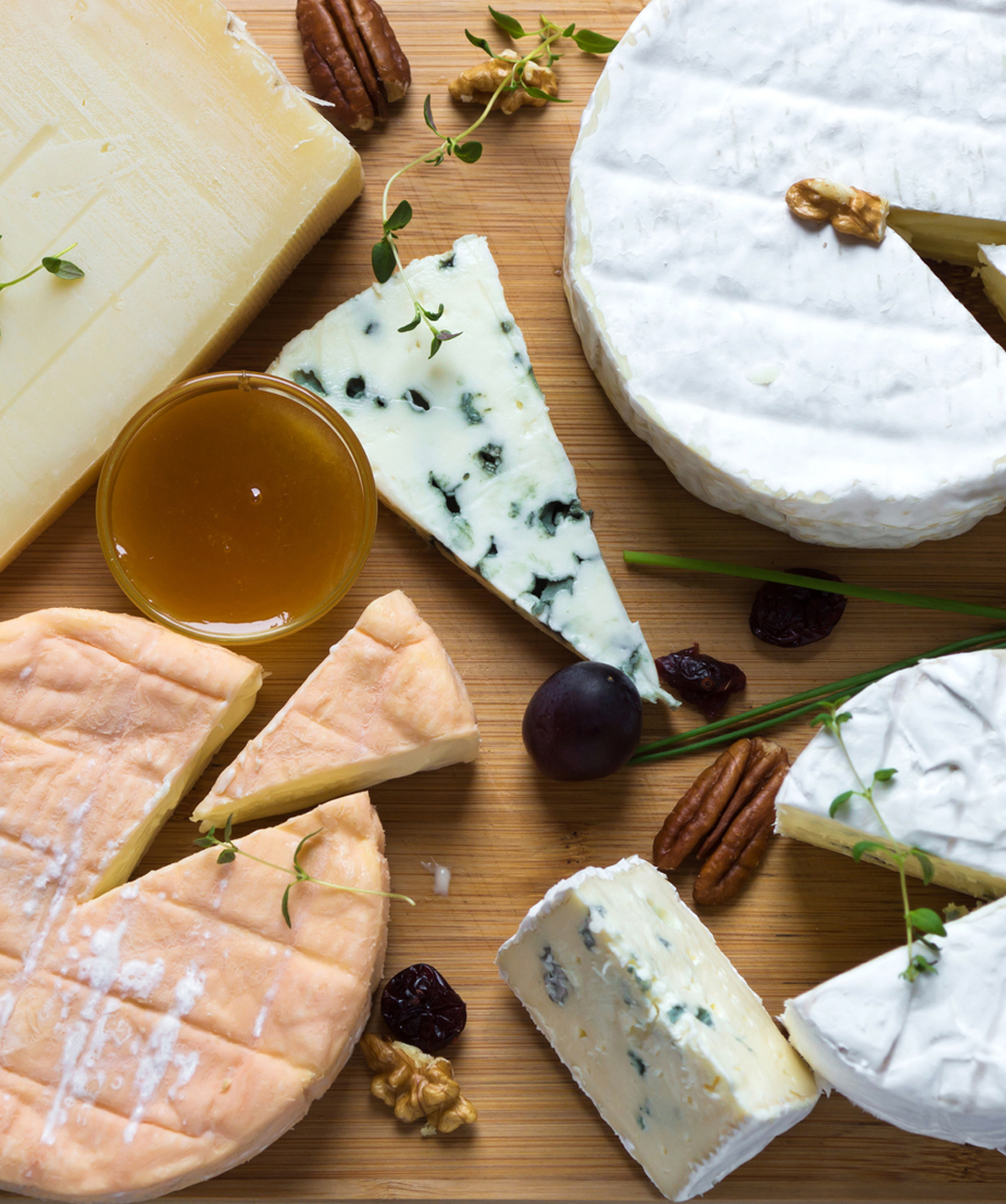
As mentioned, listeria can be a signicant problem if you're pregnant, so it's best to avoid all unpasteurized foods and beverages. Raw milk, soft cheese and unpasteurized juices are a no-go. Be sure to read labels and opt for pasteurized dairy during your pregnancy.
And when you're breastfeeding...
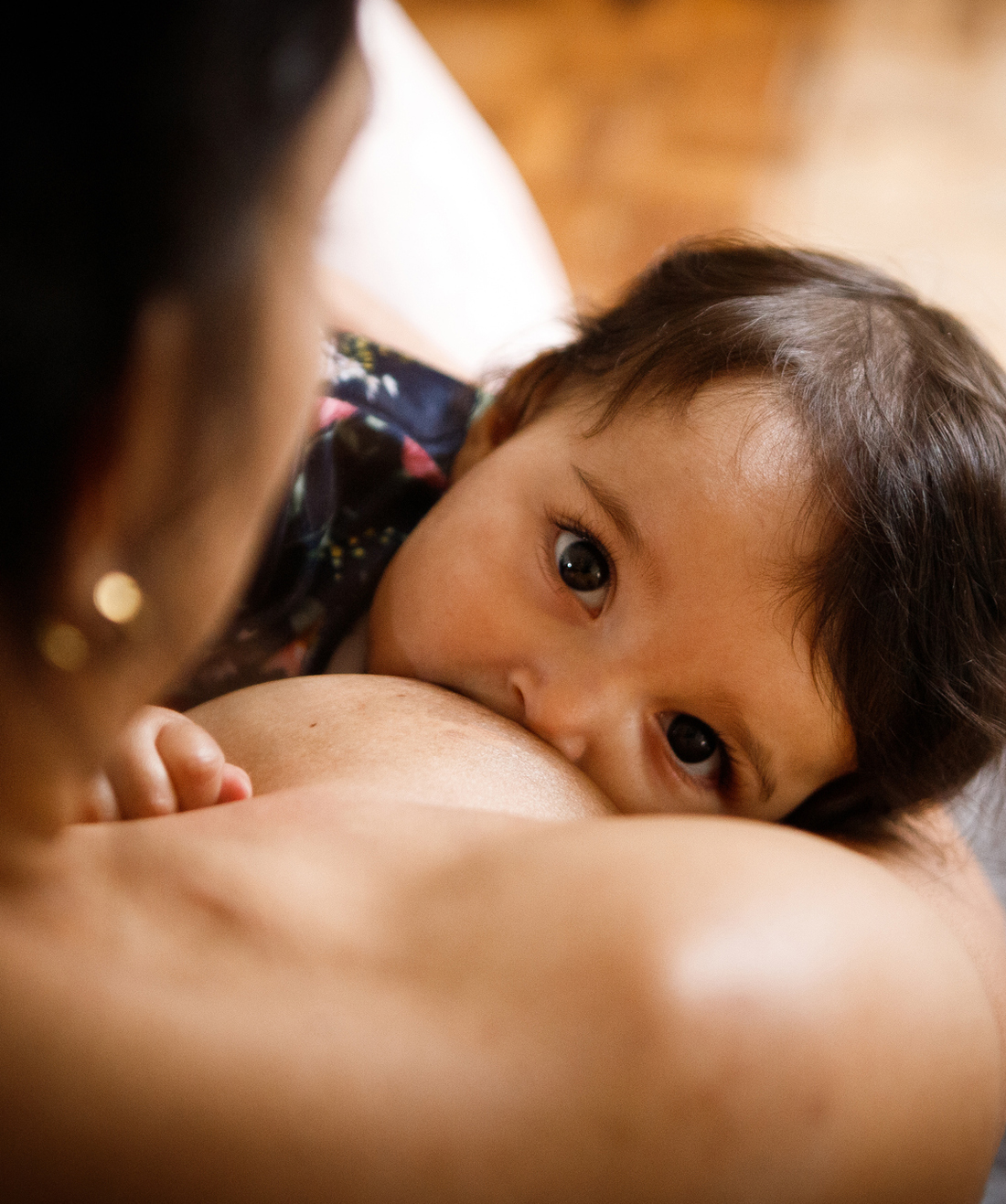
As with most things, moderation is key. If you're nursing, many of the aforementioned pregnancy eating do's and don'ts apply. Use common sense, but a celebratory drink here and there is ok. Keep cafeeine to a minimum and wait to nurse at least 2-hours after consuming an alcoholic beverage. As with everything while pregnant, when in doubt it's a good idea to seek out the advice of your healthcare provider before proceeding.





